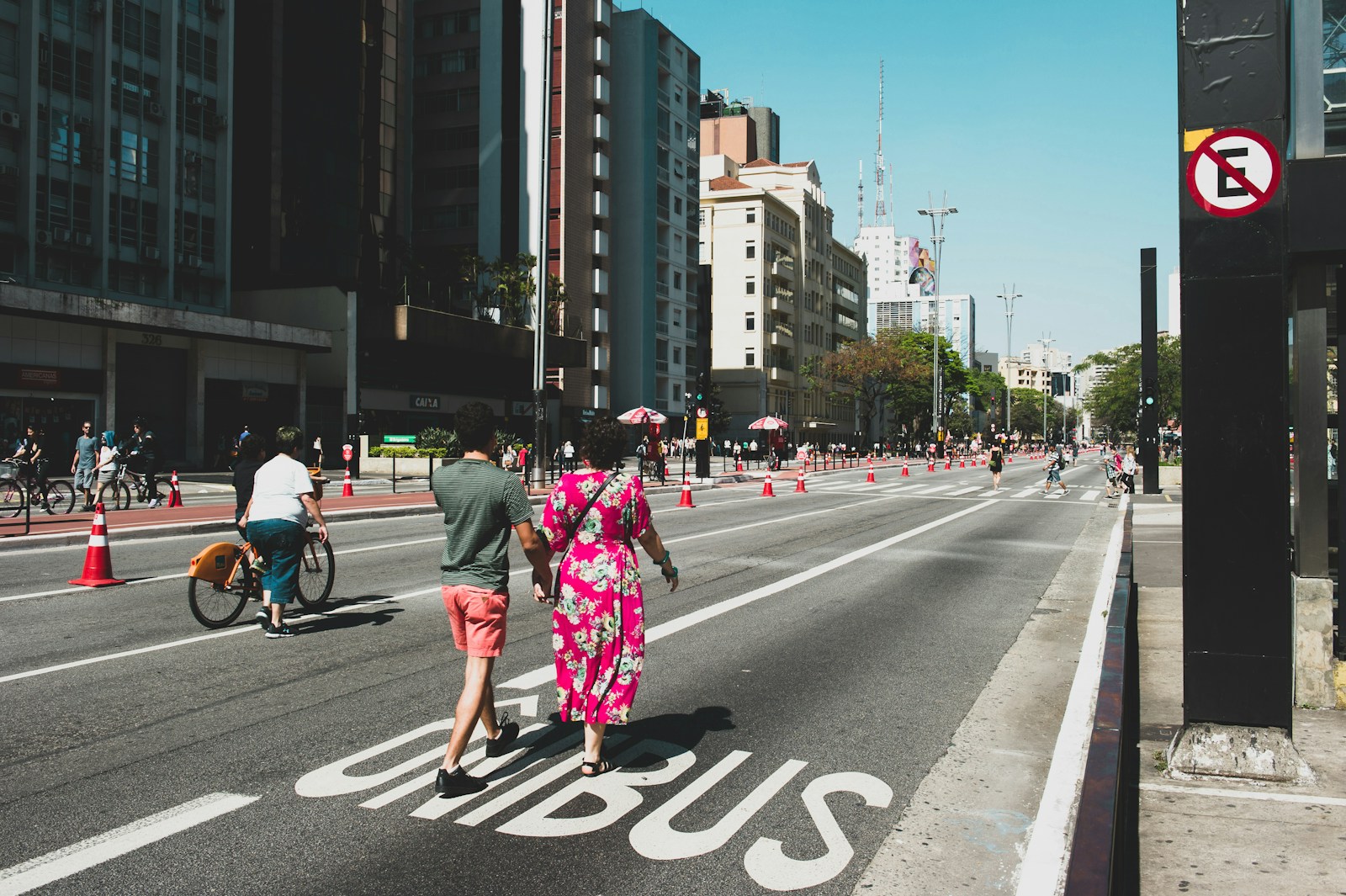
Africa faces unique challenges in transportation, with rapid urban growth, rising vehicle numbers, and diverse infrastructure conditions. Road Safety has become a top priority for governments, NGOs, and communities working together to reduce accidents and create safer mobility systems. This article explores seven powerful secrets revealed through Road Safety conferences across Africa, offering innovative insights and practical solutions for a safer tomorrow.
As African cities expand at record speed, traffic congestion and unsafe road conditions have become serious threats. Road Safety discussions in major conferences highlight the urgent need for safe urban planning, better pedestrian infrastructure, and efficient public transport systems. Studies show that cities investing in protected walkways, bicycle lanes, and intelligent traffic signals see a significant reduction in accidents. By reshaping urban growth with Road Safety in mind, Africa can avoid repeating mistakes made in other rapidly developing regions.
Pedestrians, cyclists, and motorcyclists represent the majority of road accident victims in Africa. Road Safety conferences emphasize targeted policies to protect these groups, such as speed management, enforcement of helmet laws, and awareness campaigns in schools. In addition, African countries are adopting digital tools to monitor high-risk zones, ensuring vulnerable road users receive the protection they deserve. These strategies not only save lives but also build trust in mobility systems, encouraging more sustainable and active travel choices.
Given Africa’s extensive regional trade routes, cross-border transportation poses both opportunities and risks. Road Safety sessions often stress harmonized regulations for trucks, buses, and cargo vehicles moving across countries. The United Nations Economic Commission for Africa supports initiatives that align road safety standards, improve driver training, and ensure vehicle inspections at checkpoints. This continental cooperation is crucial for reducing crashes along major highways while promoting safer and more efficient trade.
Young people are at the heart of Africa’s future, but they are also among the most affected by road accidents. Road Safety initiatives across the continent highlight the importance of involving youth in awareness campaigns, school programs, and driving education. Many African countries have launched innovative projects where students design creative road safety messages, making them active participants in change. Empowering youth not only spreads knowledge but also builds a long-term culture of safety on African roads.
Technology is transforming the way Africa approaches transportation. Road Safety conferences showcase groundbreaking solutions such as smart traffic lights, AI-powered accident detection systems, and mobile applications that alert drivers to hazards. Countries like South Africa and Kenya are leading the way in piloting digital traffic management platforms that collect real-time data. These innovations help reduce response times to crashes, improve law enforcement, and enhance overall safety for road users.
Road crashes are not just traffic issues, they are a public health crisis. Hospitals across Africa face immense pressure due to accident-related injuries, which consume medical resources and impact economic productivity. Road Safety experts underline the need for integrating traffic injury prevention into public health strategies. Programs promoting seatbelt use, alcohol control, and safe driving behavior have shown measurable results in lowering hospital admissions. Addressing road safety as a health priority is vital for building stronger, more resilient African societies.
Infrastructure plays a decisive role in reducing road crashes across Africa. Road Safety experts emphasize that well-designed highways, clear road markings, and proper lighting dramatically cut accident rates. Investments in rural road networks are equally important, as many crashes occur on poorly maintained routes outside major cities. By prioritizing safe design and maintenance, African nations can create transport systems that protect lives while supporting economic growth.
Communities are often the first to experience the devastating impact of road crashes, and their involvement is essential in finding solutions. Road Safety programs in Africa encourage grassroots participation, where local leaders and residents collaborate on awareness campaigns and safe mobility practices. In some regions, communities are actively monitoring high-risk roads and reporting violations. This bottom-up approach complements government policies and ensures that solutions are adapted to real-life local challenges.
African countries recognize that road safety cannot be solved in isolation. Regional cooperation through organizations such as the African Union has led to the sharing of best practices, harmonized regulations, and continental strategies. Road Safety conferences stress the importance of joint training programs for traffic police, cross-border research, and unified accident data systems. For readers interested in deeper insights, explore our Africa transport innovations guide that highlights successful regional case studies. Strengthening cooperation across borders creates a united front against road traffic fatalities.
Strong policies without enforcement lose their impact. Road Safety experts in Africa repeatedly stress the importance of strict law enforcement on speeding, seatbelt use, drunk driving, and vehicle inspections. Countries that have invested in traffic surveillance systems and empowered police forces to act decisively have seen a measurable reduction in crashes. Consistent enforcement builds accountability, sends a strong message to drivers, and creates safer roads for everyone.
Improving road safety is directly linked to achieving the United Nations Sustainable Development Goals. Safer roads reduce poverty by lowering medical costs, support education by protecting schoolchildren on their way to class, and enhance economic growth by improving mobility. Road Safety conferences in Africa highlight these connections, showing that safer roads are not just a transportation issue but a pillar of sustainable development. By aligning road safety strategies with the SDGs, Africa can build a safer and more prosperous future.
Road Safety is no longer an optional agenda, it is an urgent necessity for Africa’s future. From urban planning to public health, from youth engagement to regional cooperation, the continent has the opportunity to transform its mobility systems. The seven secrets shared in conferences across Africa reveal practical steps that can save lives and empower communities. By embracing innovation, policy, and collaboration, Africa can achieve safer roads and unlock a brighter future for its people.